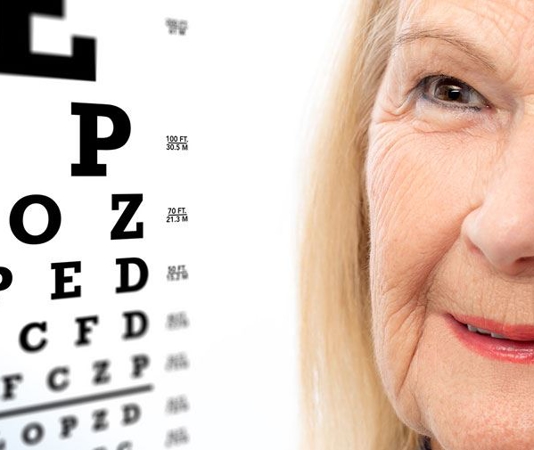It’s one sentence that changes lives forever. It will touch every member of the family and it means that going forward, nothing will be the same: “You have Alzheimer’s disease.”
When you, a loved one, or just a friend or neighbor hears those words the people around them look for ways they can try to help. Below we’ve assembled a variety of resources, tips and information that will help the entire family as you all move forward together in creating a dementia care plan.
The Facts
When people are diagnosed with Alzheimer’s disease, the people around them may not understand exactly what that means. Alzheimer’s disease is the most common form of dementia, accounting for 50 to 80 percent of cases. There is no cure and it gets worse as it progresses. It is usually diagnosed in people 65 years old and older. However, there is a form of Alzheimer’s, called early onset, that can happen when people are younger.
As the disease develops, many people experience the same symptoms. Early signs can be mistaken with as just “people getting older.” They include having difficulty remembering some recent events.
As it advances, people living with Alzheimer’s disease may show similar signs:
- Confusion
- Irritability
- Aggression
- Mood swings
- Trouble with speaking
- Long-term memory loss
The disease is different in each person, but as the symptoms increase the person living with Alzheimer’s tends to withdraw from family and society as they lose bodily functions.
While Alzheimer’s disease eventually leads to death, the average life expectancy after diagnosis is approximately seven years, there are medications and treatments that can help mitigate some of the symptoms.
Resources for Information
The cause for Alzheimer’s disease is still unknown, but scientists have several theories. When learning about the possible causes, you will come across terms that are probably unfamiliar, such as “amyloid beta precursor protein,” “cholinergic hypothesis,” “neurotransmitter acetylcholine,” and “locus coeruleus cells.” You should not feel like you have to understand all this right away, and you may never understand any of it. The National Institutes of Health (NIH) simply says: “The cause of AD is not clear. Your genes and environmental factors seem to play a role. Aluminum, lead, and mercury in the brain is no longer believed to be a cause of AD.”
If you want to learn more about the medical side of the disease, the Alzheimer’s Association has an interactive Brain Tour that can help put it in more basic and understandable concepts.
Homewatch CareGivers also has several classes for dementia care through our professionally-developed Homewatch CareGivers University. We use this tool to make sure all of our caregivers have the latest information to help your loved one, but we encourage families to use it as well. Our courses cover how to help family and friends, ways to keep a person with dementia busy with helpful activities, using music and art, and a deeper understanding of a person’s memory problems.
Resources on Finding Support
Many groups offer family support for families living with Alzheimer’s. One of the most popular is the Alzheimer’s Association. It has local chapters in communities across the country, a virtual library and a 24-7 helpline at 1-800-272-3900. Click here for more about the Alzheimer’s Association’s resources.
Tips on How You Can Help
Homewatch CareGivers has an entire online section devoted dementia care, including dozens of tips on how to help those with dementia.
The Dementia Care Tips page covers how to help a person with Alzheimer’s disease or another form of dementia to preserve skills and function, how to help cope with symptoms, and many tips on how to support caregivers. When Alzheimer’s or dementia touches a family, it affects everyone and that includes the caregivers. Helping them is just as important as helping the person with the disease. Click here to visit our Dementia Care Tips page.
Caregivers can create meaningful moments for the entire family, bringing all involved closer together when they need to be able to depend on each other. Pathways to Memory is a coping solution for everyone involved, creating a circle of trust, communication and support. Learn More.





